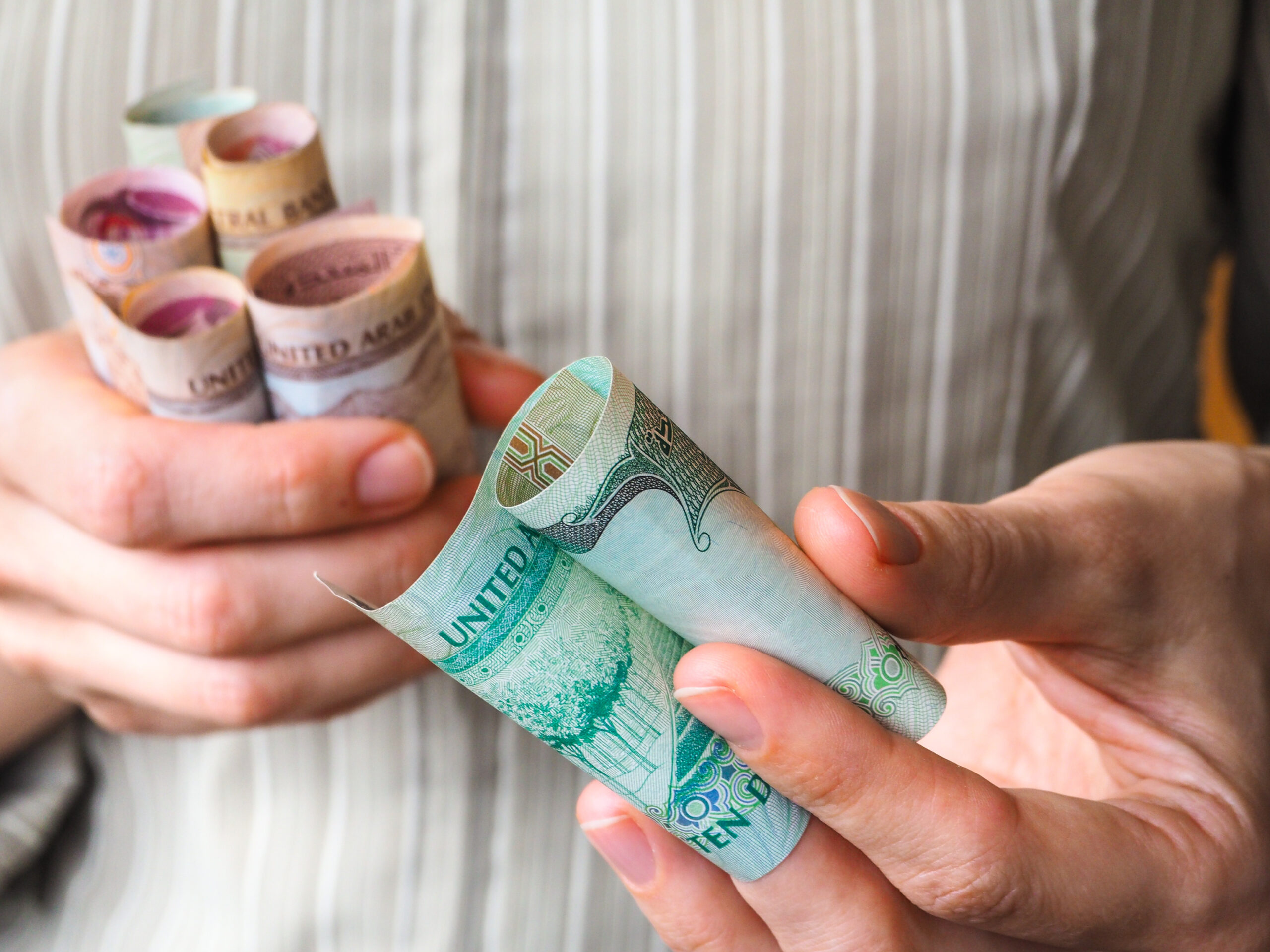How is it calculated? To whom is it given?
Mut’ah is compensation due to the wife who is divorced by her husband unilaterally, i.e., the husband who goes to the family court for divorce (for non-Muslims), or the husband who divorces his wife orally or in writing (for Muslims). It is compensation aimed at alleviating the grief that may afflict the divorced wife after the separation of the divorce, and according to the Emirati legislator, this compensation will only be granted to the wife who is divorced against her will. In other words, if the wife goes to the family court to ask for a divorce, she will not receive the Mut’ah compensation, whatever the reasons that led her to this divorce.
The equation for calculating Mut’ah is as follows; Marital alimony multiplied by 12 months as a maximum. For example, if the judge estimated the marital alimony at three thousand dirhams, the maximum limit of mut’ah for this divorced wife would be 36 thousand dirhams, and the law stipulated that the damage suffered by the divorced woman must be taken into account, and with reference to practical application, the main determining factor for the mut’ah will be the financial condition of the husband in addition Another important factors which are the circumstances of the divorce, the duration of the marriage, and other factors that may show the husband’s abuse in his divorce from his wife.
It may happen that the husband divorces his wife of his own free will, but during the trial the husband can prove that the wife is the one who requested the divorce, by her requesting the divorce through a text message or via e-mail or by any means of social media. In this case, the wife will not be eligible for Mut’ah compensation, as evidenced by the judicial and practical application.



